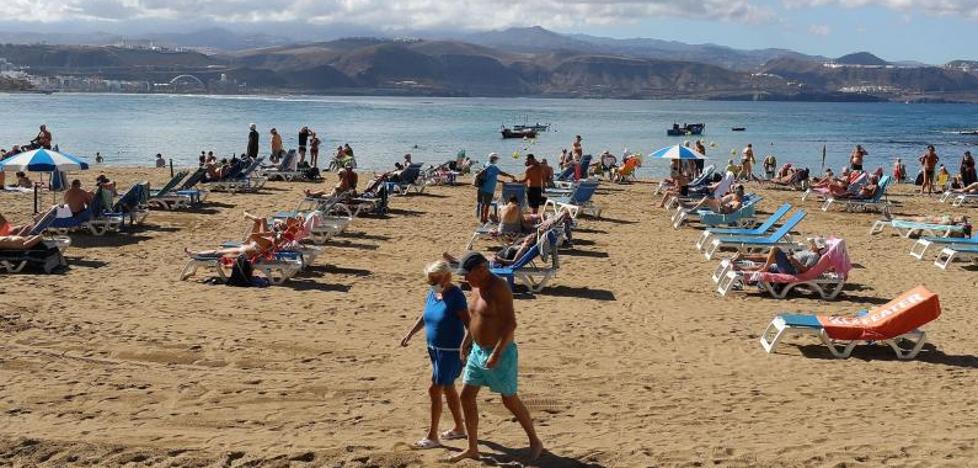The long-awaited vacation is over and before we go home, we quickly go to customs. To ensure that everything goes smoothly there and the fun of your vacation is not lost sight of in the last meters, travelers should follow a few tips.
Year after year, travellers bring back countless souvenirs from all over the world to Austria. This cannot always be done without worries. “The safest holiday memory is always the photo. If you want it to be a souvenir, follow our tips for a carefree return trip,” says Finance Minister Magnus Brunner.
The stronger the alcohol, the less is allowed
In principle, there is free movement of goods within the EU. However, there are exceptions here too: there are upper limits for alcohol or tobacco, for example. The maximum limit is four packs of cigarettes, there is an upper limit of ten litres for spirits, 90 litres for wine and 110 litres for beer. The lower the alcohol content, the more travellers are allowed to take with them.
There are also limits for meat. Meat may only be brought into the EU for personal consumption. What constitutes personal consumption can sometimes be a matter for interpretation by customs officials. There is less scope for imports from third countries. When it comes to fish, you may not bring any meat at all, only one piece or 20 kilos of fishery products is allowed. The limit for eggs is two kilograms, and precise rules also apply to other foodstuffs.
Bananas, pineapples, durians and coconuts are subject to inspection
If you are bringing exotic fruits, you should also be careful. While other plant products are not subject to inspection requirements, bananas, pineapples, durians and coconuts are subject to inspections.
Special caution is advised when taking beach souvenirs with you inside and outside Europe. The ÖAMTC also warns of hefty fines in popular holiday destinations such as Croatia, Italy and Greece. Rare species of mussels or snails can be a tempting souvenir from Croatia, but their export is illegal.
Up to 3000 euros, even though the mussel is not rare
It is similar on Italian beaches. There can even be fines of up to 3,000 euros, but the mussel does not even have to be a rare species. In Spain, too, natural materials such as shells, volcanic rocks or fossils may not be transported in your luggage.
There may even be fines for stones
In Greece, excavations are taboo. These do not have to be particularly unique stones at the site of archaeological sites, but even fall under this category.
Species protection is also sensitive when transporting animals from Asian or African regions. According to the Ministry of Finance, items such as ivory, tropical wood or products from protected species are often not allowed to be taken as souvenirs or only with special documents. Special rules apply to cactus wood, crocodile skins or pearls. In any case, you should inform yourself about this before your trip.
Be careful with counterfeit luxury goods
Taking clothes or accessories is less sensitive. But be careful: cheap counterfeits are often mixed in with the holiday souvenirs. If the supposed Gucci bag or Rolex watch is for personal use, for example, the buyer will not suffer any consequences if it is returned. However, it is more difficult at the holiday destination. In Italy, the police are vigorously cracking down on counterfeit luxury goods, and the customers of the counterfeit seller can sometimes face heavy penalties.
Source: Krone
I’m Ben Stock, a journalist and author at Today Times Live. I specialize in economic news and have been working in the news industry for over five years. My experience spans from local journalism to international business reporting. In my career I’ve had the opportunity to interview some of the world’s leading economists and financial experts, giving me an insight into global trends that is unique among journalists.



